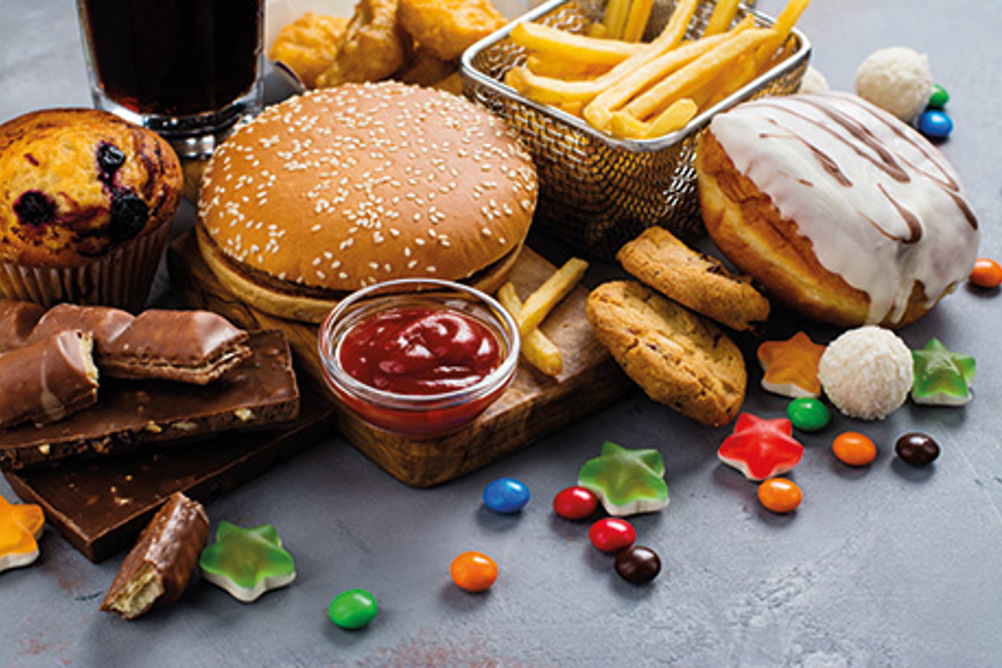
It is hoped that the ban will help protect children from developing long-term unhealthy eating habits, with research showing that children are exposed to more than 15 billion adverts for products high in fat, sugar and salt (HFSS) online every year.
Health campaigners have welcomed the proposals, which would be the toughest digital marketing restrictions in the world and go much further than previous suggestions this summer. Restricting HFSS adverts on television before 9pm was already announced in July.
Evidence shows that exposure to HFSS advertising can affect what children eat and when they eat, both in the short term by increasing the amount of food children eat immediately after being exposed to an advert, and by shaping longer-term food preferences from a young age.
Register now to continue reading
Thank you for visiting Nursery World and making use of our archive of more than 35,000 expert features, subject guides, case studies and policy updates. Why not register today and enjoy the following great benefits:
What's included
-
Free access to 4 subscriber-only articles per month
-
Unlimited access to news and opinion
-
Email newsletter providing activity ideas, best practice and breaking news
Already have an account? Sign in here
